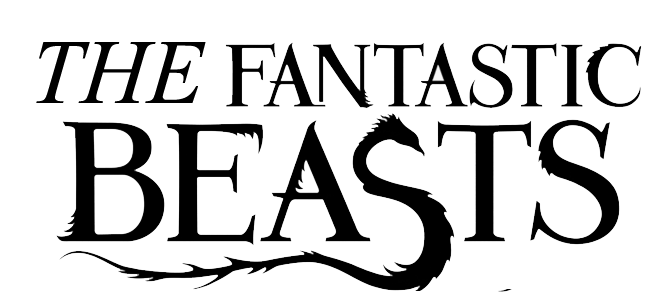Introduction
Are you an international student or immigration applicant planning to move to Canada? If so, the TCF Canada exam might be on your radar. This blog post aims to demystify the TCF Canada exam and provide you with a comprehensive guide to acing it. We’ll cover everything from understanding the exam structure to effective preparation tips and the benefits of learning French. Benefits of learning french guide, you’ll have all the tools you need to succeed.
Understanding the TCF Canada Exam
The Test de Connaissance du Français (TCF) for Canada is an essential French language proficiency test. It’s required for various purposes, such as immigration applications and academic enrollments. The exam assesses four key language skills: listening, speaking, reading, and writing.
Exam Sections
The TCF Canada exam is divided into several sections. The listening section tests your ability to comprehend spoken French through various audio clips. You’ll listen to conversations, announcements, and lectures, and answer questions based on what you hear.
The reading section evaluates your understanding of written French. You’ll read articles, advertisements, and other texts, then answer questions to demonstrate your comprehension.
In the speaking section, you’ll engage in a live conversation with an examiner. This part tests your ability to express ideas, make arguments, and participate in discussions in French.
The writing section requires you to produce written responses to different prompts. You’ll be evaluated on your grammar, vocabulary, and ability to convey complex ideas clearly.
Scoring System
The TCF Canada uses a scoring system that ranges from A1 (beginner) to C2 (advanced). Each section is scored individually, and the results are combined to give an overall proficiency score. Achieving a high score can significantly enhance your immigration or academic prospects.
Benefits of Learning French for TCF Canada
Mastering the French language offers numerous advantages. First and foremost, it can improve your TCF scores. Proficiency in French not only boosts your chances in the exam but also makes daily life in Canada much easier.
Enhanced Job Opportunities
Knowing French can open doors to job opportunities in Canada. Many employers value bilingualism, and being proficient in both English and French can set you apart from other candidates. Whether you’re in healthcare, education, or business, French proficiency is a valuable asset.
Cultural Enrichment
Learning French also enriches your cultural experience. Canada has a rich Francophone heritage, and understanding the language allows you to connect with French-speaking communities. It enhances your appreciation of Canadian culture and helps you integrate more seamlessly.
Academic Advantages
For international students, proficiency in French can be particularly beneficial. Many Canadian universities offer programs in French, and being bilingual can expand your academic options. It also allows you to engage more fully with course materials and participate actively in class discussions.
Preparation Tips for TCF Canada
Effective preparation is key to acing the TCF Canada exam. Here are some strategies to help you get started.
Develop a Study Plan
Creating a detailed study plan is crucial. Allocate specific time slots for each section of the exam and stick to your schedule. Consistent practice is essential for improving your language skills.
Utilize Recommended Resources
There are numerous resources available to help you prepare for the TCF Canada. Textbooks, online tutorials, and practice exams can provide valuable insights into the test format and question types. Consider using official TCF study guides and reputable language learning apps.
Enroll in French Classes
Taking French classes can significantly enhance your preparation. Online French classes in India offer flexibility and access to experienced instructors. These classes provide structured learning and personalized feedback, helping you improve your language skills effectively.
Practice Speaking and Writing
Practice speaking and writing in French regularly. Engage in conversations with native speakers or language partners to improve your fluency. Writing essays and short responses to prompts can help you enhance your writing skills and build confidence.
Conclusion
The TCF Canada exam is a critical step for international students and immigration applicants. Achieving a high score requires consistent practice and effective preparation. By understanding the exam structure, leveraging recommended resources, and taking professional courses like TEF or DELF, you can boost your chances of success.
Learning French not only crack the tcf Canada but also opens doors to job opportunities, cultural enrichment, and academic advantages. Take the first step towards acing the TCF Canada by booking a call with us today. We’re here to support you throughout your language learning journey and help you achieve your goals.
By following these guidelines and consistently practicing, you’ll be well on your way to mastering the TCF Canada exam. Good luck!







![How to fix [pii_email_35800da0131beebe44e2] Outlook Error Code?](https://thefantasticbeasts.com/wp-content/uploads/2023/03/Pii-Errors-pii_email_-1-400x225.png)



![How to fix [pii_email_35800da0131beebe44e2] Outlook Error Code?](https://thefantasticbeasts.com/wp-content/uploads/2023/03/Pii-Errors-pii_email_-1-180x180.png)


Comments